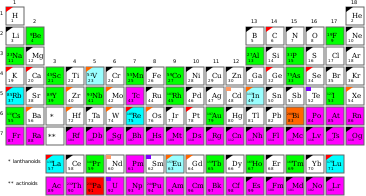Monoisotopic element
Because of the energy gain from nuclear pairing, the odd number of protons imparts instability to isotopes of an odd Z, which in heavier elements requires a completely paired set of neutrons to offset this tendency into stability.
This element is prevented from having a stable isotope with equal numbers of neutrons and protons (beryllium-8, with 4 of each) by its instability toward alpha decay, which is favored due to the extremely tight binding of helium-4 nuclei.
It is prevented from having a stable isotope with 4 protons and 6 neutrons by the very large mismatch in proton/neutron ratio for such a light element.
(Nevertheless, beryllium-10 has a half-life of 1.36 million years, which is too short to be primordial, but still indicates unusual stability for a light isotope with such an imbalance.)
These isotopes are monoisotopic, but due to the presence of the long-lived radioactive primordial nuclide, are not mononuclidic.

Monoisotopic, but primordial radionuclides exist